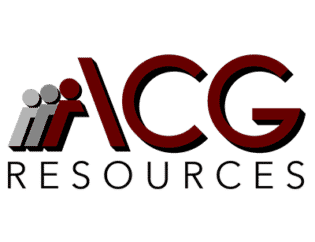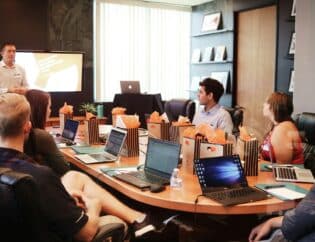Embracing Change: The Need for Reskilling
The pace of technological change is unprecedented, and industries are witnessing shifts that demand new skill sets. As automation and artificial intelligence become integral parts of various sectors, the need for reskilling has never been more critical. Employees who can adapt and acquire new skills are better positioned to thrive in an ever-changing job market.
Reskilling is not just about staying employable; it’s about fostering a culture of continuous learning. Employers are increasingly recognizing the importance of investing in the development of their workforce. This investment not only enhances individual capabilities but also contributes to the overall competitiveness of the organization.
The Role of Internal Mobility
Internal mobility, the movement of employees within an organization to different roles or departments, is closely linked to reskilling. It provides employees with the opportunity to apply their existing skills in new contexts and acquire additional skills along the way. This not only benefits individuals but also allows organizations to tap into their internal talent pool, fostering a sense of loyalty and commitment among employees.
Internal mobility is a strategic approach to talent management. Rather than seeking external candidates for new positions, organizations can leverage the skills and knowledge already present within their workforce. This not only reduces recruitment costs but also accelerates the onboarding process, as internal candidates are already familiar with the company culture and processes.
Building a Reskilling Culture
Creating a reskilling culture requires a proactive approach from both employers and employees. Organizations can facilitate this process by:
- Investing in Learning and Development Programs:** Providing access to training programs, workshops, and online courses that align with the evolving needs of the industry.
- Encouraging a Growth Mindset:** Fostering a culture where employees embrace challenges, view failures as opportunities to learn, and actively seek to develop new skills.
- Supporting Mentorship Programs:** Pairing experienced employees with those looking to acquire new skills can facilitate knowledge transfer and create a collaborative learning environment.
- Recognizing and Rewarding Learning:** Acknowledging and rewarding employees for their commitment to learning and upskilling reinforces the value of continuous improvement.
Benefits for Individuals and Organizations
Reskilling and internal mobility offer a myriad of benefits for both individuals and organizations. For individuals, it provides a pathway for career growth, increases job satisfaction, and enhances long-term employability. From an organizational perspective, it strengthens the workforce, promotes a culture of innovation, and positions the company as an employer of choice.
In conclusion, the future of work is dynamic and requires a proactive approach to skills development. Reskilling and internal mobility are not just buzzwords; they are strategies that can shape the success of individuals and organizations in the evolving landscape of the professional world. By embracing a culture of continuous learning and providing opportunities for internal growth, businesses can navigate the challenges of the future and thrive in the face of change.







